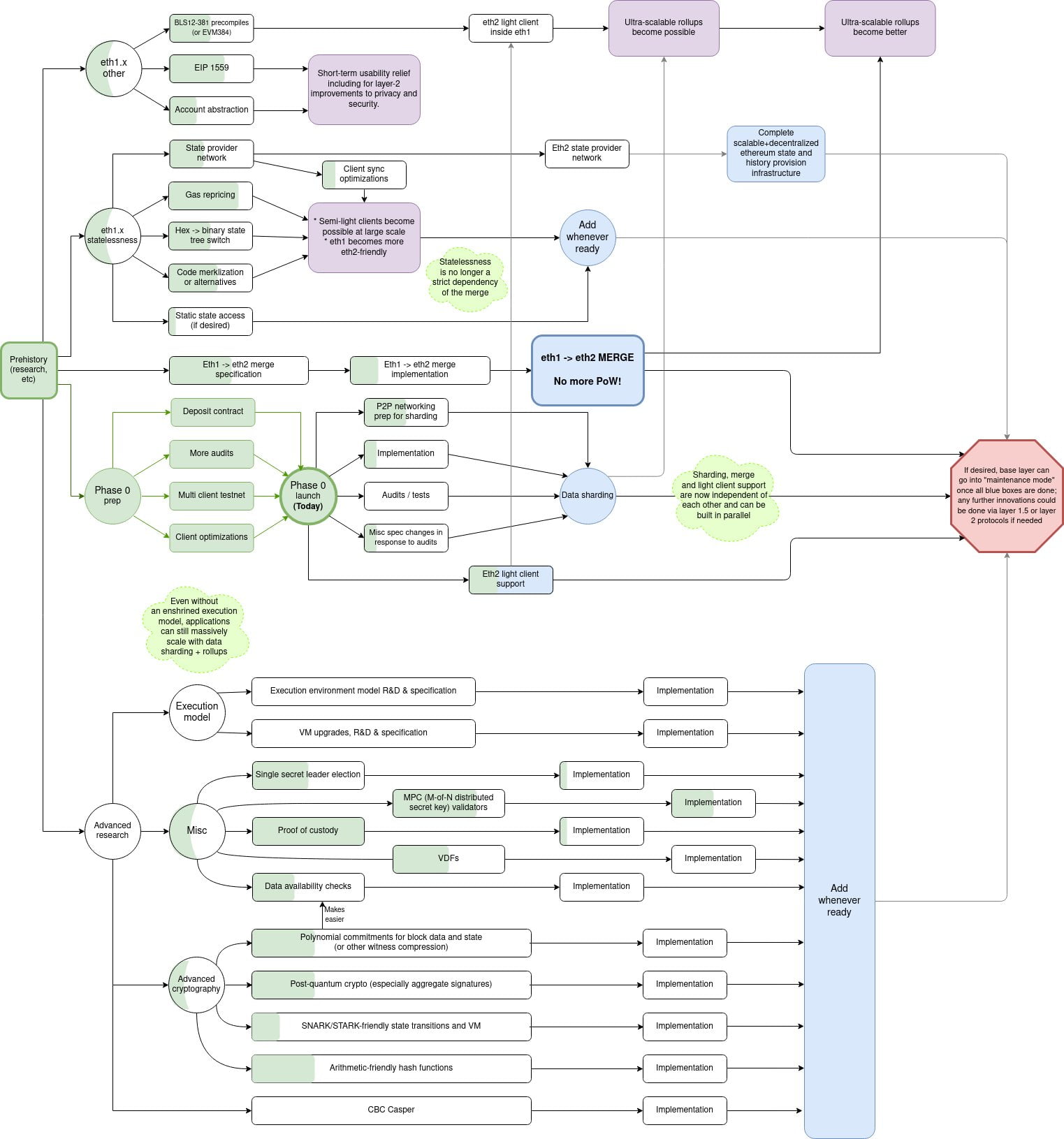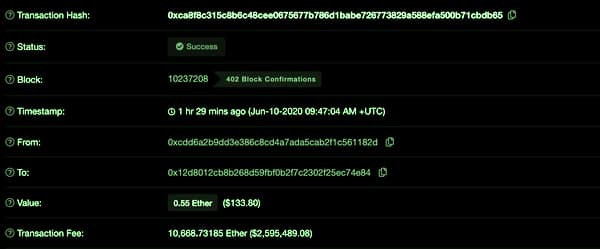
2024-3-22 20:39 |
Gas fee management is one of the biggest headaches that DeFi and NFT traders or investors have to deal with. Currently, the average gas fee (cost to facilitate a transaction on a smart contract on the Ethereum blockchain) stands at 49 gwei, which translates to around $4.70 as per ETH’s prevailing price.
While it may seem like a drop in the ocean for the whales who typically transact millions worth of digital assets, the figure is considerably high for small time traders. Most notably, there have been occasions where traders ended up paying as much as 43% in gas fees, including one instance where a trader who was sending 148 ETH paid 64.01 ETH. This is roughly $224,000 at current market prices.
The Burden of Gas Fees VolatilitySo, why exactly do gas fees sometimes cost a fortune?
Unlike the standard fee model applied by traditional payment companies such as Visa and Mastercard, smart contract blockchains like Ethereum, Solana, and EVM compatible chains do not have a standardized fee. Instead, gas fees vary depending on the network activity and the priority level one wants their transaction to be processed within.
To provide some more context, a low priority transaction on Ethereum at the moment will cost about 54 gwei while a high priority transaction costs 57 gwei. But more critically, gas fees have in the past proven to be highly volatile, especially during periods of high network activity such as the DeFi summer of 2021. A simple swap transaction on Uniswap went as high as $100 while some yield farming related transactions soared to highs of $900.
Crazy gas fee swings have also been witnessed several times in the NFT market, including when Yuga Labs NFT studio debuted its Otherdeed NFTs. While this collection sold out to a tune of $320 million, users spent close to $180 million in transaction fees after the launch event triggered a gas war on the Ethereum blockchain. Some users had to part with as much as 2 ETH for their transactions to be finalized.
Although smart contract ecosystems are designed to function autonomously, we can all agree that these wild swings in gas fees are a huge burden in planning one’s trading costs.
A Prepayment Model for DeFi TransactionsWhile setting gas limits and slippage margins has proven effective to some extent, these functions still do not provide an avenue for DeFi users to save transaction costs. Instead, what they do is prevent a transaction from going through if the cost exceeds one’s gas limit or slippage.
On the brighter side, however, DeFi applications can borrow a leaf from some of the traditional subscription models which allow users to save significantly by prepaying for the services.
For example, streaming platforms like Disney+ and Netflix often provide discounted rates for users who prepay for annual subscriptions. This is also the modus operandi in the tourism industry, where in most cases, travel agencies or airlines sometimes offer discounts or promotional deals to customers who prepay for travel packages, airline tickets, or hotel accommodations in advance.
Similarly, if DeFi applications were to introduce prepayment options, it would go a long way in assisting everyday and occasional users to better manage their gas fees. Luckily, some non-custodial DeFi wallets are waking up to this reality and developing prepayment gas fee options to help users better plan for their on-chain transaction costs.
A great example of a Web3 wallet that has already integrated a seamless feature for better gas fee management is Ambire. Dubbed the ‘Gas Tank’, this feature allows Ambire wallet users to prepay their gas fees in stablecoins or other native tokens, including ETH and MATIC. On average, Ambire’s Gas Tank can help save around 5k gas and 20k gas for ETH and ERC20 transfers, respectively, depending on the transaction amount.
Additionally, users are also eligible for cashbacks if the broadcasted gas limit ends up being lower than the actual gas limit used to settle a specific transaction. This, coupled with the fact that one can plan for their gas fee spending and reduce it, is a game-changer for saver-style DeFi users who would be happy to get a sense of proactive gratification.
More importantly, launching smart contract ecosystems that allow for better cost planning and offer cost saving alternatives could spur the adoption of DeFi innovations at large. After all, it is no coincidence that more and more DeFi users are running away from Ethereum and embracing cheaper Layer-1s or EVMs, most notably Solana, which has recently been making headlines with meme coin activity picking up since late 2023.
ConclusionThe issue of high gas fees is not new to the crypto ecosystem; in fact, this has been a prevalent challenge, even after Ethereum migrated from a PoW to PoS network following a successful merge in April 2023. What the industry needs are options to better plan and incentives such as Ambire’s wallet prepayment model, among other similar cheaper solutions like Ethereum Layer 2 rollups, to reduce the costs incurred during DeFi and NFT trading, minting, or investing.
origin »Bitcoin price in Telegram @btc_price_every_hour
Fee Active Collateral Token (FACT) на Currencies.ru
|
|



















